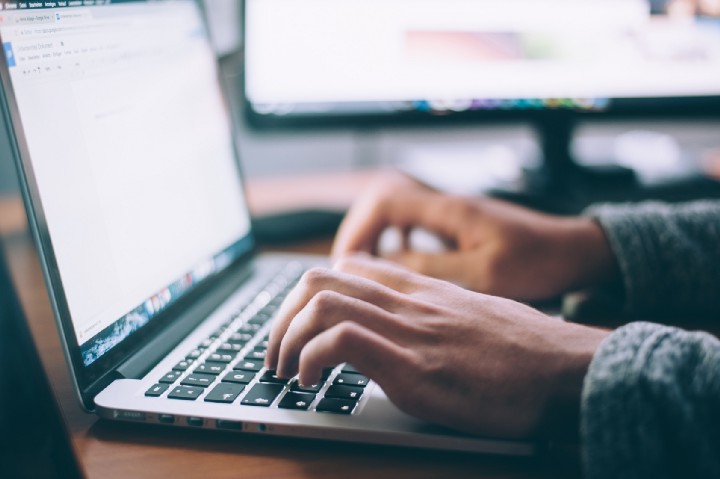Trust signals rule the market — SMP&CO Strategy Review

Trust.
This is the word that has come to define the post-COVID era. According to data collected in a May 2020 survey by the SMP&CO Partners quantitative research unit — nearly 83% of consumers identified that trust is a top of mind priority.
We are living in a brand new era of trust systems. We trust the internet and technology to enable us to continue our participation in the wider economy; from banking to health care, from education to interpersonal interactions. The pandemic has added a new decision layer to consumption — is this party I’m dealing with actually safe?
This leads to the strategy insight about how to be resilient and competitive in this new market. Consumers expect that businesses and parties they interact with, display trust signals aligned with their level of experience and prudence.
So then, what exactly are these trust signals?
Trust signals in the contemporary sense are indicators that are visible physically, or as a cultural behavior that expresses the level of care that other parties take in ensuring the integrity of their interaction. Nowadays, when we go out to restaurants, we expect to see proof that the waitstaff is healthy and exercising proper transmission prevention (daily health screenings, PPEs/Masks, and physical distancing measures). This then helps us overcome one of the big barriers to consumption we have and return to the traditional buyer and seller interactions.
These signals come in many forms and make a big impact on the tendency of consumers to spend or not. As a business, this is everything. Steps should be taken in holistically addressing this, from the outward and immediate like implementing health safety and physical distancing measures; to more cultural like developing internal practices and controls to foster a more human-centric work culture.
Small Business, Big Tech, High Trust
Anecdotally, I remember when the COVID-19 Pandemic really kicked-off the first wave of lockdowns here in Metro Manila, Philippines around March 2020— businesses started investing in technologies and operational processes I thought I’d never see in the Philippines. Imagine, small-businesses like restaurants and offices with biometric thermal systems for employee-guest health protection, daily health declarations started becoming second nature to most, and even some availing of telemedicine systems.
Overall, steps like these are expected to increase worker productivity by around 34% in the near term, and develop a culture of trust for companies. I personally look forward to seeing trends in digital work, ecommerce, and more human-centric industries truly mature in the coming years.



